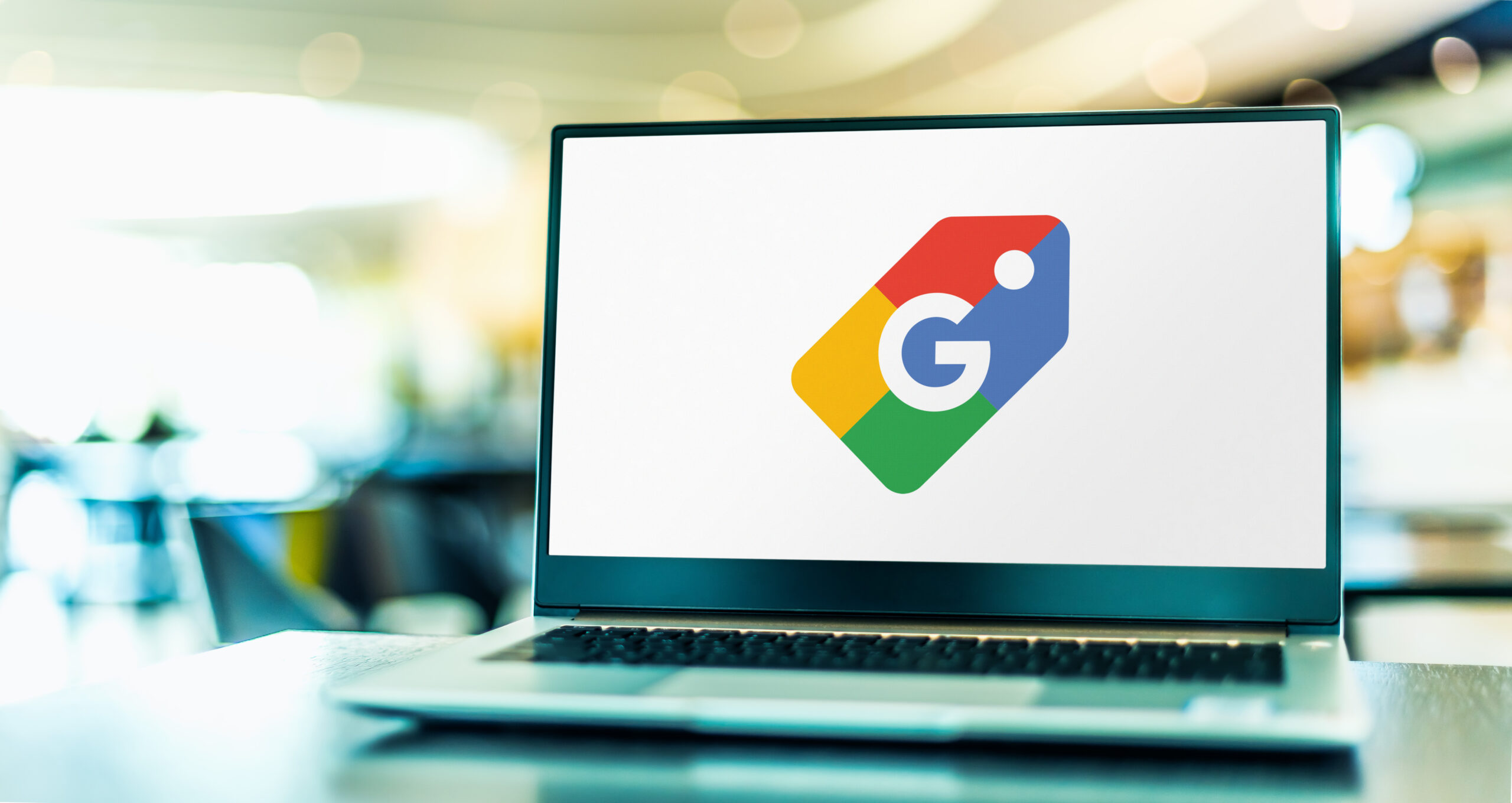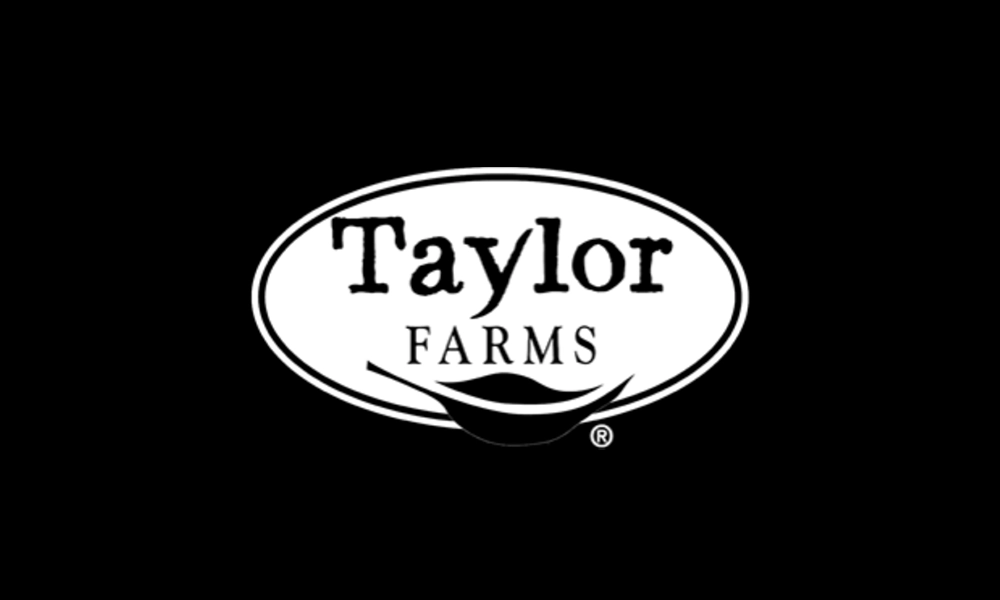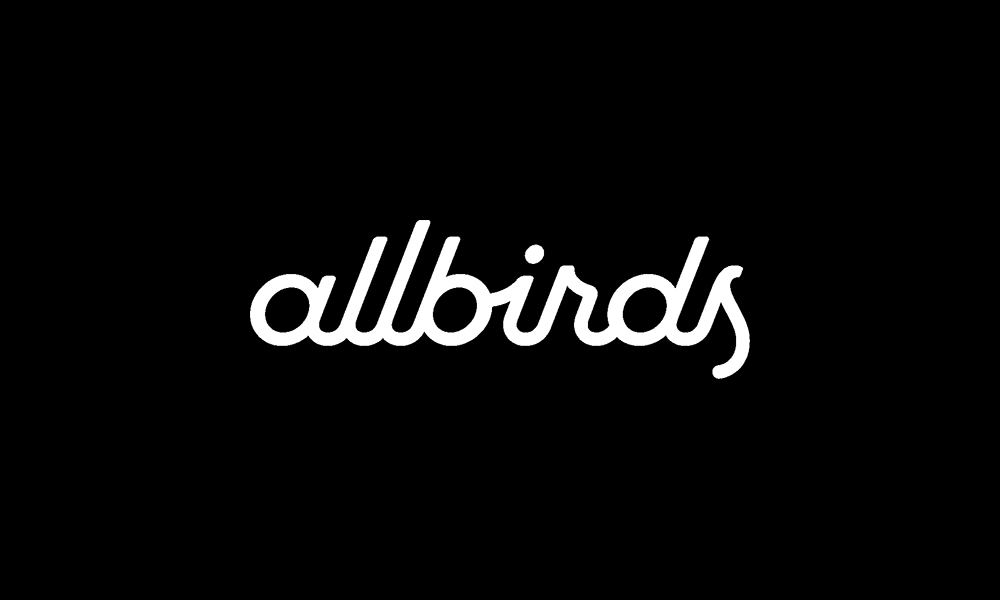How Off-Page SEO Compares to On-Page SEO
Related Terms
Referral TrafficHow Off-Page SEO Compares to On-Page SEO
Digital marketing can be a highly competitive race for eyeballs, and SEO is a critical component for driving website visibility and attracting organic traffic. SEO can be broadly categorized into two main types: on-page SEO and off-page SEO. Both are essential for a successful SEO strategy, yet they focus on different areas of website optimization. Let's dive into how these two realms of SEO compare and contrast, their evolution, their pros and cons, and how they can work together.
Key Differences Between Off-Page SEO and On-Page SEO
The area of focus is perhaps the primary difference between on-page SEO and off-page SEO. On-page SEO involves optimizing elements on your website to improve rankings, including content, HTML source code, and site architecture. Off-page SEO, on the other hand, focuses on external signals like backlinks and online (non-website) references to enhance site authority and rankings.
The amount of control is another huge factor in these two disciplines. For on-page SEO, website owners have direct control over their tactics, since it mostly involved elements found on the site. In contrast, off-page SEO offers less control over specific tactics, since it involves third-party sites and users which cannot be fully controlled.
Of course, the techniques and tactics differ greatly between these two areas of SEO. Common on-page SEO techniques include keyword optimization, meta tags, headers, and internal linking. Off-page SEO primarily involves link building, social media marketing, and influencer outreach.
Finally, the measurement of performance (and how long it takes to get there) makes for another significant difference. The impact of on-page SEO is often easier to measure using tools like Google Analytics, as changes are made directly on the site. However, off-page SEO requires more indirect measurement methods, such as tracking backlink quality and quantity. Plus, the time it takes to get statistically significant results can be quite different. With on-page SEO, your efforts can yield quicker results as changes are implemented directly on the site. Off-page SEO is generally a longer-term strategy, requiring time to build relationships and earn backlinks.
Evolution of SEO
How did on-page SEO become a thing? The evolution of on-page SEO has closely followed changes in search engine algorithms, focusing on making content more relevant, accessible, and effective. Early on-page SEO strategies heavily focused on keyword stuffing, but modern practices prioritize user experience, mobile optimization, and content quality. By contrast, off-page SEO was initially almost entirely about building as many backlinks as possible. Over time, the focus has shifted towards the quality of backlinks, the relevance of linking sites, and the development of a natural link profile, influenced by updates like Google's Penguin algorithm.
Pros and Cons of Each
On-Page SEO Pros:
- Direct control over optimization efforts on your site
- Immediate impact on site's user experience and performance
- Easier and faster to measure and react with adjusted strategies
On-Page SEO Cons:
- Limited to your site's own content and structure
- Requires continuous content creation and optimization
- Can be resource-intensive to maintain high standards of SEO
Off-Page SEO Pros:
- Enhances site authority and trustworthiness with external validation
- Broadens your site's visibility across the web to new audiences
- Can drive traffic from diverse sources for a more robust customer base
Off-Page SEO Cons:
- Less control over third-party actions and backlink quality
- Results can take longer to manifest and be more difficult to measure
- Requires ongoing outreach and relationship building
Examples of Synergy Between Off-Page and On-Page SEO
Here are a few real-world examples of how on-page SEO and off-page SEO can work together in harmony.
- A high-quality blog post (on-page) attracts natural backlinks from reputable websites (off-page).
- Social media sharing of your content (off-page) drives traffic to your website, increasing on-site engagement metrics (on-page).
- Guest blogging on another site (off-page) with links back to detailed guides on your own site (on-page).
- Positive online reviews and mentions (off-page) can boost trust, potentially increasing conversion rates on your landing pages (on-page).
- Building relationships with influencers (off-page) who then reference your comprehensive resource pages or articles (on-page) in their content.
In Summary
On-page SEO and off-page SEO are both essential elements of a holistic SEO strategy. While on-page SEO offers direct control and quicker results (focusing on content quality and user experience), off-page SEO, while less controllable, is crucial for establishing your site's reputation and authority in the wider web. Together, they ensure a comprehensive approach to improving your website's search engine rankings.
By understanding and leveraging the strengths of both on-page and off-page SEO, businesses can create a robust SEO strategy that maximizes visibility, drives traffic, and enhances site authority.
Off-Page SEO
On-Page SEO
Case Studies
150,000 impressions in first 6 months
21% increase in non-brand clicks
41% increase in led gen conversion rate
Blog Posts

The New Glossary of AI & SEO: The Language of AI-Powered SERP
Alphabet soup is on the menu as we help marketers understand new terminology like LLMs versus GPTs, AI versus GenAI, AEO versus GenAI Optimization, and more. Get a better understanding of the terms related to AI, SEO, and marketing in this glossary.

AI is Changing SEO—Here’s How to Adapt
What is the future of SEO in light of AI? This guide delves into which metrics are dropping due to AI Mode & AI Overviews, what to measure to get a clear view of performance, and how to adapt your content and SEO strategies.

How Google’s New AI Shopping Platform Affects Your Campaigns (2025 Update)
Google has just announced a significant 2025 update to its Shopping experience. Changes to Google Shopping are designed to make it more personal and to give more product information to the shopper within the SERP itself—but it may require even more vigilance and transparency from retailers to stay competitive.



